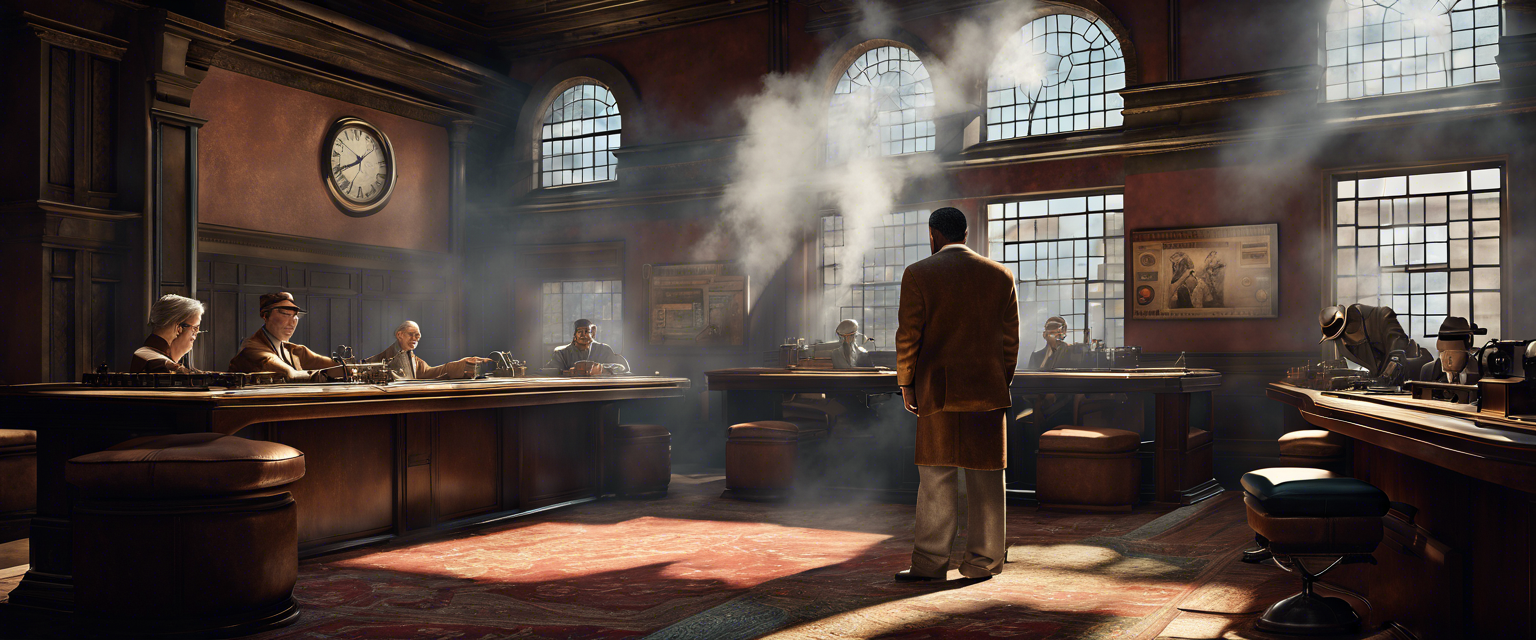Exploring the Internet Archive: A Conversation with Brewster Kahle
In a recent visit to the Internet Archive’s San Francisco headquarters, journalist Kate Knibbs delves into the profound impact this digital library has had on preserving the digital landscape. Founded by Brewster Kahle, the Internet Archive houses millions of digital texts, videos, and music files, making it a crucial resource for researchers, scholars, and the general public.
The Past: A Vision for Digital Preservation
Brewster Kahle's vision of a universal library dates back to the 1990s. His belief was simple yet powerful: to ensure that all knowledge is accessible to everyone. Kahle launched the Internet Archive in 1996, aiming to archive the web and make digital content available free of charge.
The Present: Challenges in the Digital Age
Despite its noble aspirations, the Internet Archive faces formidable challenges, particularly regarding copyright issues. As Knibbs notes, the Archive is currently embroiled in lawsuits with various print and music publishers. These legal battles threaten the sustainability of the Archive's mission, prompting critical discussions about the balance between copyright and public access to knowledge.
Insights from Mark Graham
A further understanding of the Internet Archive’s goals and challenges can be gained by listening to Mark Graham, who directs the Archive’s Wayback Machine. In a recent episode of Decoder, Graham expands on the role of this tool in preserving the web's history, stating, "The Wayback Machine is your gateway to revisiting the past, and it offers a unique lens on how the digital landscape has evolved over time." This invaluable resource allows users to access archived web pages, revealing information that might otherwise be lost forever.
The Future: Navigating Legal and Ethical Waters
As the Internet Archive continues to navigate its legal challenges, the future remains uncertain. Kahle and his team are exploring various ways to advocate for clearer copyright laws that better accommodate the realities of digital content. The debate surrounding these issues raises important questions about the ethics of digital preservation and the accessibility of resources in a digital age.
Conclusion: The Internet Archive's Vital Role in Digital Preservation
The Internet Archive serves as a vital resource in an increasingly digital-centric world. It stands as a testament to the belief that knowledge should be free and accessible to everyone, regardless of geographical or financial barriers. As challenges mount, the Archive's future will depend on its ability to adapt to ongoing debates about copyright, access, and the ever-evolving digital landscape.



Leave a comment
All comments are moderated before being published.
This site is protected by hCaptcha and the hCaptcha Privacy Policy and Terms of Service apply.